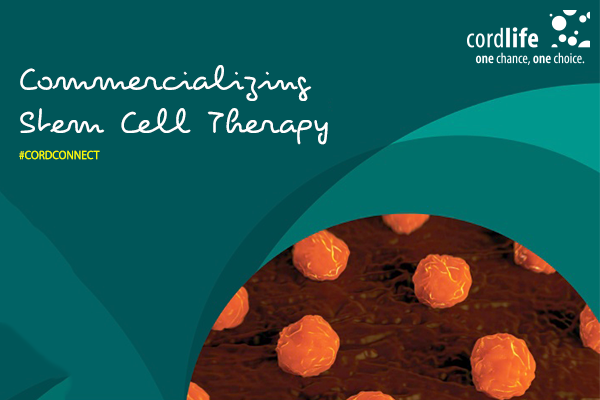Table of Contents
So far, we have got to know about the positive applications of stem cell therapies, which are transplanted into the body with living cells to treat, or eliminate the disease from the patient’s body. The most common type of cell therapy is the hematopoietic stem cell therapy. Harvested from the donor’s body for the host to develop bone marrow, it is a well-known cell based therapy, with its self-renewal and differentiation capabilities into many cell types.
Stem cell based therapies have the potential to treat numerous disorders, especially blood and immune related disorders. A wide range of stem cell therapies including allogenic stem cell therapies, autologous therapies, and mesenchymal stem cell therapies has shown a major breakthrough for curing many medical conditions such as sclerosis, spinal cord injury, diabetes and strokes in the clinical trials. More recently, we have the boon of induced pluripotent stem cells, having the same characteristic as adult embryonic stem cells that can be cultured to produce embryonic stem cells. These cells are important for another key reason- tissue engineering.
Over the last few decades, cell therapies have received medical and commercial successes for emerging as a novel therapeutic option for many cellular dysfunctional diseases. If data are to be believed, the global market of stem cell therapy had touched an average of $410 million revenues by 2009, and the market was expected to grow double and reached a total of 100 million people in the US.
And due to its numerous medical benefits, medical companies and research institutes want to bring its clinical applications from bench to bedside.
Although open to many controversies and debate, we have enough evidence to prove that stem cell therapy is indeed an effective therapeutic application to address a range of diseases, including cosmetic procedures like hair regrowth, skin redefining and etc.
In addition to this, the growing number of cell based clinical trails hold true to the potential for stem cell efficacies and its applications. A recent study as of June 2010 highlighted the capabilities of cell therapies through 2000 (approx.) clinical studies on biomedical research.
While the manipulation of embryonic cells is limited and controversial, a greater chance to develop engineered tissues from iPSC is viable for the medical interventions in serious conditions. And this is the underlying reason, why public and society demand for more clinical trials of stem cell based therapies and their applications in the medical fields.
Hence, it is important to commercialize the use of stem cells for rapid development of biomedical research, and improve public health through awareness. Some important aspects of the commercialization of stem cell therapy are as follows as below.
- Commercialization aids the development of novel technologies and intellectual property for certain stem cell research, augmenting their value in the therapeutic market.
- It aims at stimulating economic growth as well as improving the public health.
- It advocates for grants or funds to be used in the clinical research to generate more commercially viable services and products in the market.
- It is indeed important for the translation of public knowledge.
Despite these growth factors of commercialization of stem cell therapies, it faces many challenges from specific governing bodies, which hinders its positive endeavors from creating effective and curative treatments for many incurable diseases.
In order to take advantage of scientific, economic and medical potential of stem cell research; commercialization is indeed a basic requirement, and of course in a compliance with regulators of certain authorities. And when this happens, we would expect to get sustainable and constructive medical benefits through commercialization in the field of stem cell therapy, while respecting the public trusts.
